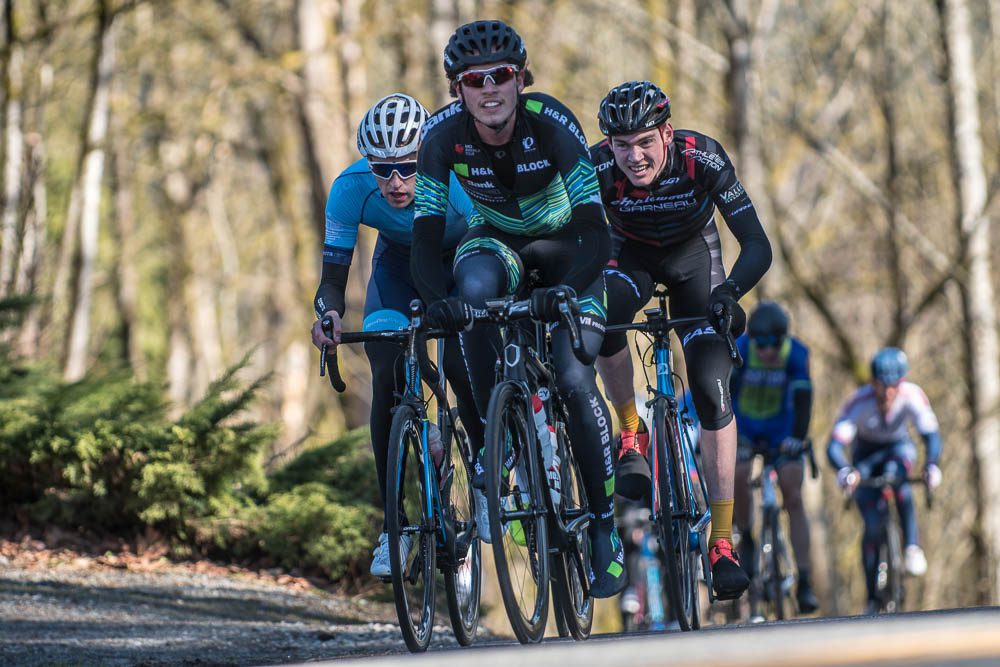Ask Oli: Working with a coach
Good communication is key for Oliver Evans when it comes to maintaining a good relationship with his coach and body when training

by Oliver Evans

I’m frequently asked whether or not I work with a coach. I’ve talked a bit about coaching in previous posts, namely what it is that I look for in one. I’ll talk a little more here about what having a coach means to me.
The short answer is yes, I do have a coach. His name is Jacob Schwingboth. I like that guy.
But coaching has changed for me in the past year. Before, I never really coached myself. Now I have two coaches; Oli and Jacob.
When it comes to coaching, I’ve decided to take the reigns a little more than I used to. Before, I would simply do whatever my coach told me, no questions. Often I didn’t enjoy my rides and even after it got to the point where I hated riding altogether. I would either force myself to ride or not ride at all instead of making a change to my coach’s plan.
I was under the wrong impression that my coach was my boss. Whatever he said went, he was always right. This mentality was no one’s fault but my own. I didn’t understand how to be an athlete.
Upon hiring Jacob, I sort of realized that I’m paying him which definitely doesn’t make him my boss. We’re colleagues. And I know myself better than anyone else, so I need to have a say in my training plans.
Often times I’ve witnessed athletes, especially young ones, who are afraid to suggest a change to their coach’s plan or take a rest day if their plan says to do otherwise. They’ll spend way too much time listening to their coach and not their bodies.
Coaching is about communication. You are your own head coach; your coach is your assistant coach. You need to clearly communicate with yourself and then relay that information to your coach so that plans accommodate your well-being.
For me, Jacob is my second opinion, my confidence boost, my moral supporter and my critic. I’ll tell him what I want to do at the beginning of each week, and he’ll make suggestions, add some structure, tell me to back off a little or push a little harder, and look at my feedback after each ride. The plan can and will change day-to-day based on that feedback. I’m honest with myself and with him, and if I feel that part of the plan won’t work based either on my mental or physical condition, I’ll tell him.
The biggest difference between this method and my previous method of being coached is that I don’t just blindly follow a plan. I suggest what I think I should do and Jacob adjusts it. It’s a combined effort now.
Flexibility is key. Plans need to evolve and change with the rider. Communication is the main component in that flexibility. If you and your coach don’t discuss your progress and experiences, there will be no growth. Once I accepted that my plans can and should change and relaxed about it, I started seeing progress much more regularly.
Oliver Evans is a 19-year-old cyclist from Winnipeg, who is currently based in Victoria. He races on the road with H&R Block Pro Cycling.
